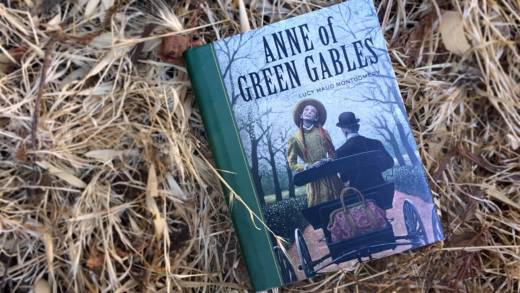The 1985 CBC television series of Anne of Green Gables was the kind of treat my mom reserved for when I stayed home sick from school.
I became obsessed when she told me the show was based on books, and I received a beautiful set of the whole series in fourth grade. Already a voracious reader at that age, I absorbed all eight books through kindred spirit osmosis. Anne embodied everything I knew I wanted before I knew the word for it (ahem, feminism). She was bold, smart, and unapologetically herself.
It might be a stretch to call Anne a feminist, but as a nine-year-old I saw her claiming her creativity, winning the Avery Scholarship, and identifying herself outside of a relationship with a boy. She gave me my first taste of what self-empowerment could look like. I imagine that if Anne lived in today’s world, she would trailblaze for collective liberation and inclusive feminism.
I took Anne as a role model much to heart, reciting “The Highwayman” in fifth grade for a project, daydreaming in “dress-up” clothes in my backyard, and always living half in the real world and half in my imagination. That trait, for better or for worse, has never left me.
One of my favorite Anne quotes is, “People laugh at me because I use big words. But if you have big ideas, you have to use big words to express them, haven’t you?” These novels gave me a rich and robust vocabulary that Gilbert surely would have teased me for. Through trial and error (Marilla often “ejaculated” when speaking, and I will never forget learning the other meaning for ejaculated), I adopted these big words into my own writing and daily life.


